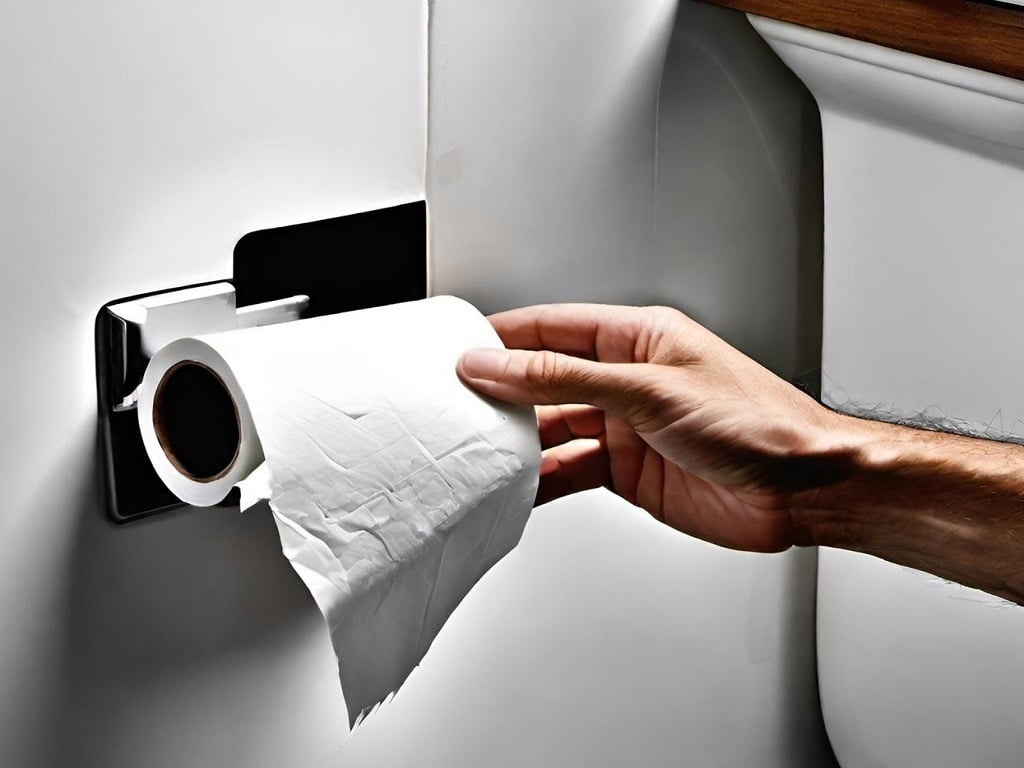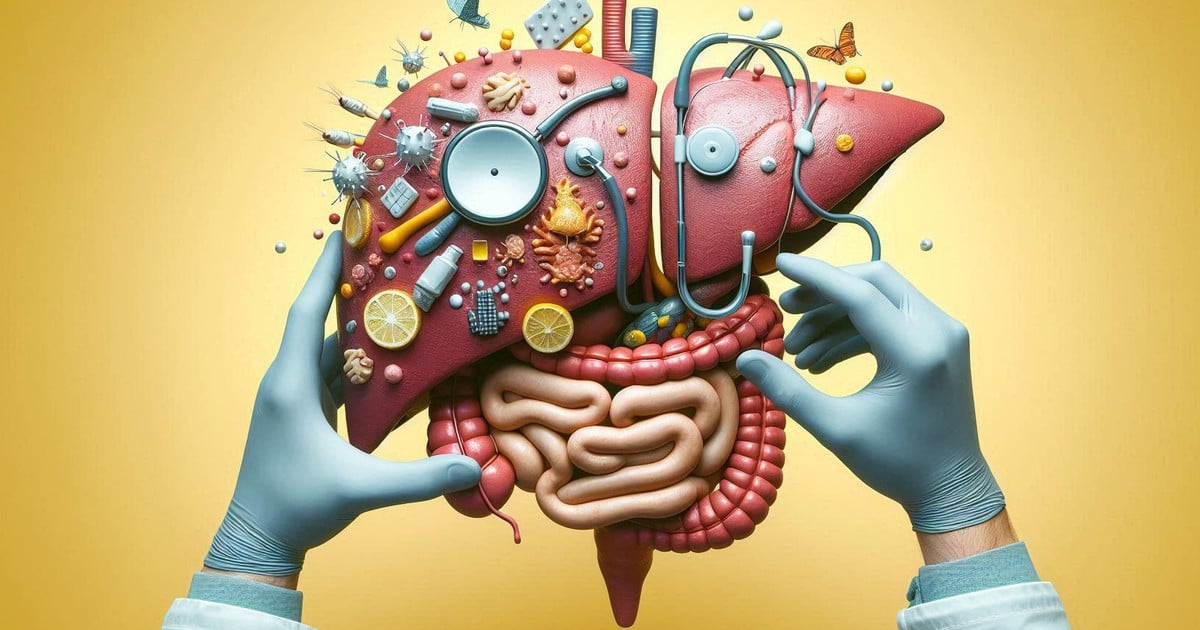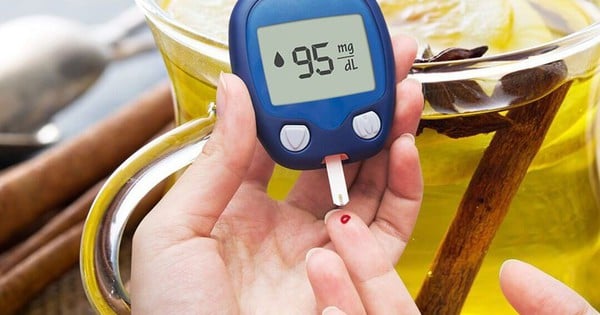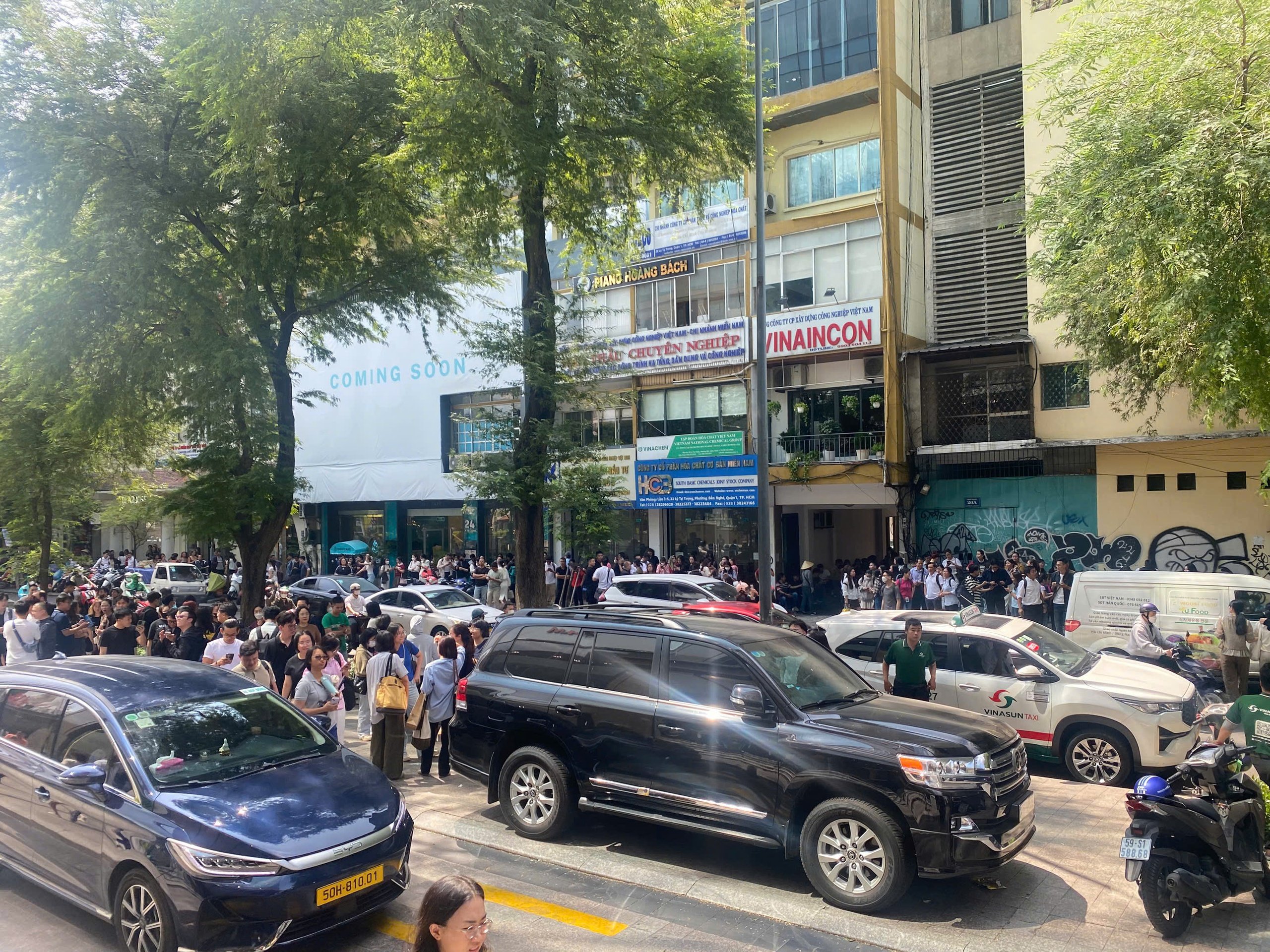Prostate cancer is one of the most common cancers in men. Early detection is key to saving lives. A warning sign of this cancer is abnormal bowel function.
The American Cancer Society says more than 50% of prostate cancer diagnoses are in men over the age of 65. The survival rate for prostate cancer patients with early detection and intervention, before the cancer has spread, is up to 99%, according to the health website Healthline (USA).

Fecal incontinence may be a warning sign of prostate cancer in men
Tests such as the prostate-specific antigen (PSA) test and digital rectal examination (DRE) can help detect prostate cancer early. However, some symptoms may appear before a person is screened for prostate cancer. One of these symptoms is fecal incontinence.
This condition occurs when a person has difficulty controlling bowel movements. In severe cases, the person may lose control of bowel movements completely. Fecal incontinence occurs with symptoms such as involuntary passing of farts, leakage of loose stools or constipation.
Causes and ways to help reduce symptoms of fecal incontinence
This condition is caused by cancer cells from the prostate spreading to the spine and affecting the nerves that control the bowel. The patient may also feel numbness or tingling in the feet. Another cause is cancer cells spreading to the bowel, thereby affecting bowel movements and causing incontinence.
Prostate cancer treatment can also cause fecal incontinence because the prostate is located near the digestive tract. Radiation therapy can cause some side effects such as fecal incontinence, bloody stools.
Research by Prostate Cancer UK shows that around 20% of people undergoing chemotherapy for prostate cancer may experience bowel problems. Patients may experience incontinence. However, this usually resolves after treatment has ended.
In fact, urinary incontinence and fecal incontinence can occur as we age. Therefore, fecal incontinence in men is not always a sign of prostate cancer.
Some methods such as doing Kegel exercises to strengthen the pelvic floor muscles, avoiding spicy, fried foods, or foods high in fiber can help reduce symptoms of fecal incontinence. In addition, drinking plenty of water and avoiding alcohol and caffeine can also help reduce bowel problems, according to Healthline.
Source: https://thanhnien.vn/dau-hieu-di-tieu-canh-bao-ung-thu-tuyen-tien-liet-185241213182220602.htm




![[Photo] Flower cars and flower boats compete to show off their colors, celebrating the 50th anniversary of Da Nang Liberation Day](https://vstatic.vietnam.vn/vietnam/resource/IMAGE/2025/3/28/086d6ece3f244f019ca50bf7cd02753b)


![[Photo] Training the spirit of a Navy soldier](https://vstatic.vietnam.vn/vietnam/resource/IMAGE/2025/3/29/51457838358049fb8676fe7122a92bfa)























![[Photo] President Luong Cuong hosts state reception for Brazilian President Luiz Inacio Lula da Silva](https://vstatic.vietnam.vn/vietnam/resource/IMAGE/2025/3/28/56938fe1b6024f44ae5e4eb35a9ebbdb)


































































Comment (0)